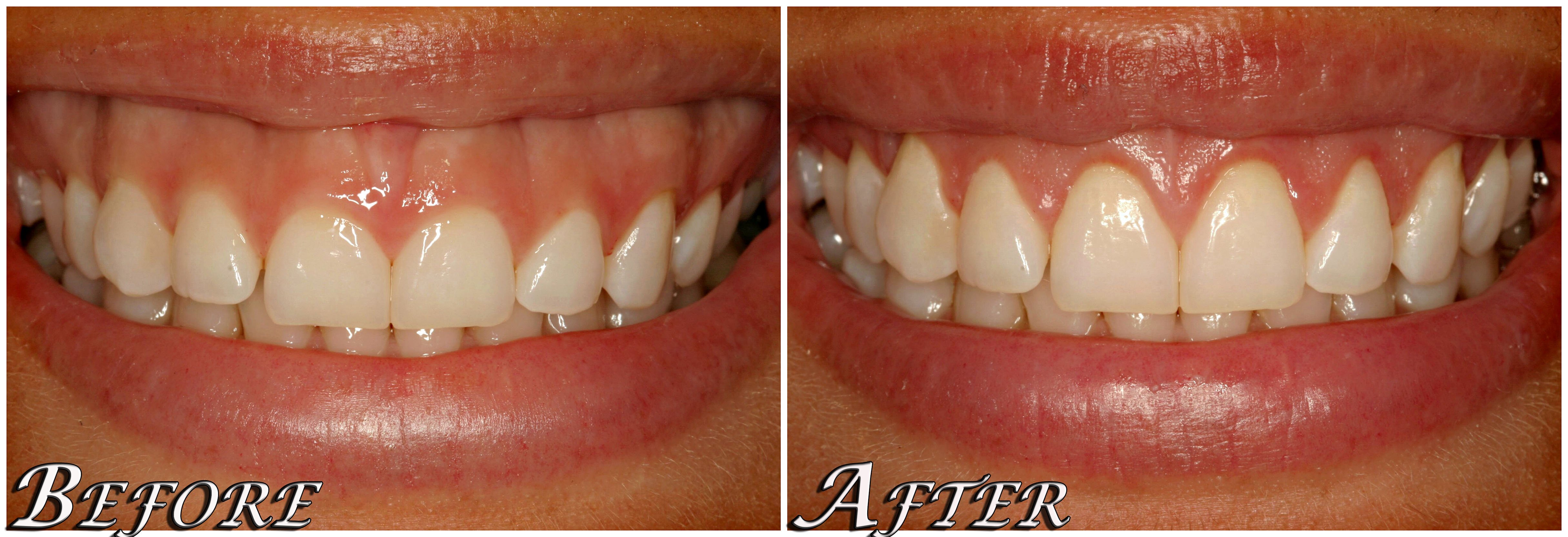Pericoronitis at DRHC Dubai Dental Clinic
What’s the Pericoronitis?
The wisdom teeth (Third Molar) usually start to erupt into the oral cavity during late adolescence.
During the eruption of the wisdom tooth in some cases, they might not have the space or come in partially abnormal positions making it below the occlusal level, which sometimes leads to inflammation of the tissues surrounding the tooth because either holding food particles and debris and is a hotbed for bacteria causing infection or keep biting that gum in between your teeth during having food or talking. This case is called pericoronitis which can be either short-term (acute) or long-term (chronic) & usually develops in people between 20 - 40 years old.
Symptoms of Pericoronitis:
The symptoms of pericoronitis can be different between patients depending on the severity of the infection or the tooth position inside the oral cavity.
These symptoms might be either acute or chronic & include:
- Acute symptoms (Last usually 3-4 days)
- Severe pain near your back teeth
- Swelling of the gum tissues (caused by an accumulation of fluid)
- Infection that might lead to a fever
- Pus discharge
- Trismus (lockjaw)
- Bad taste or bad mouth odor in the mouth (caused by pus leaking or food accumulation)
- Swelling of the lymph nodes in the neck
- Difficulty in opening the mouth
- Chronic symptoms (Last usually 1-2 days but keep recurring)
- Dull pain or ache at the tooth site
- Mild discomfort
- Bad taste in the mouth
- Swollen gum in the affected area
Some causes that are usually associated with pericoronitis?
- Poor oral hygiene & lack of mouth care (This usually turns the pericoronitis into an acute stage)
- Fatigue & emotional stress
- Pregnancy
- Upper respiratory tract infection (Viral cause like cold or bacterial that affects the nose, sinuses & throat
- Wisdom teeth that haven’t properly erupted
How is pericoronitis diagnosed?
Your dentist will examine your inflamed gum tissue clinically in the area of the unerupted or partly erupted wisdom tooth. The gums may be red, swollen, or draining fluid or pus.
Further x-rays might be taken to observe the wisdom tooth (Third molar) status & any other infection associated with the pericoronitis
How is pericoronitis treated?
Treating of pericoronitis can be divided into 2 parts which include:
Conservative Treatment (Home Treatment)
While it’s important to see your dentist for a clinical examination, your dentist might also recommend using some home treatments.
Home treatments should be performed in conjunction with professional treatment (Not to replace it), home remedies include:
- Over-the-counter (OTC) pain relievers
- Antibiotics might be prescribed by your dentist in some acute cases
- Rinsing with warm water & salt
- Oral water irrigators or some related mouthwashes
- Good oral hygiene
In case of having a fever, avoid using hot compresses & seek medical attention.
Pericoronitis should go away in about 1 week. However, if the tooth fails to have its own space inside the mouth completely & food debris along with bacteria continue to accumulate under the gums flap, pericoronitis will be more likely to return.
Surgical & Laser Treatment (Professional In-Office Treatment)
In case of pericoronitis recurrence or conservative treatments don’t help to heal your pericoronitis, your dentist might recommend either having the flap removed or extracting the tooth completely.
- Removing the flap or inflamed gum covering the tooth: This procedure is done under local anesthesia by either laser or surgery to remove the excessive gum flap causing pericoronitis. In some cases, the flap grows back & a second surgery is needed.
- Tooth extraction: In case of pericoronitis recurrence or your tooth will not erupt completely into its’ own space inside the oral cavity, the tooth should be removed to prevent any further complication or recurrence of pericoronitis.
People usually recover from treatment in about 1-2 weeks whereas full healing might take 1-2 months.
Is there any serious complication of pericoronitis?
The main complication of pericoronitis is pain & swelling around the tooth along with difficulty biting or opening the jaws. In some cases, infection can spread from the affected tooth to other areas of your mouth.
In very rare cases, a person experiencing pericoronitis can develop a life-threatening complication called Ludwig’s angina, in which the infection spreads into the head and neck. An infection that spreads to the bloodstream, otherwise known as sepsis, is also a rare, life-threatening complication.
The most severe cases are treated in a hospital and may require intravenous antibiotics and surgery.
.png?width=281&height=59&name=bookanappointment%20(1).png)
Are you looking for a leading dentist in Dubai or leading dental clinic in Dubai or a pediatric dentist in Dubai? DRHC provides the leading dentist for dental implants and Cosmetic dentistry. To book your appointment please call +97142798200 today!



.jpg)
.png?width=281&height=59&name=bookanappointment%20(1).png)
.png?width=1080&height=1080&name=DR.%20HAFSA%20AL%20IDRISSI%20(1).png)
.jpg)


